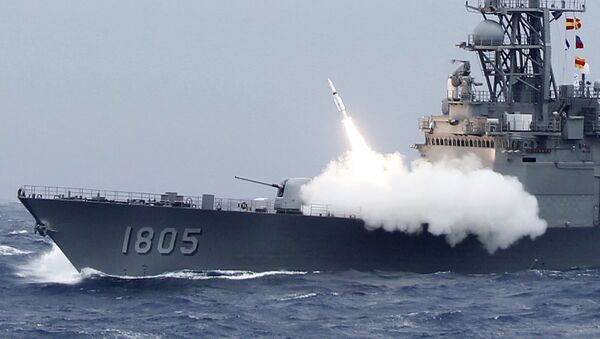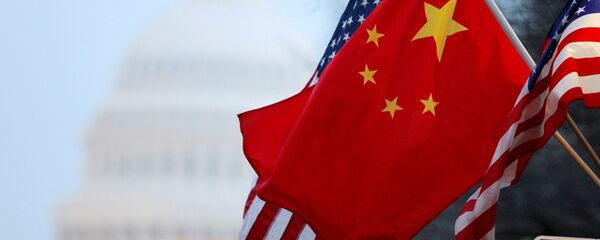"We have expressed firm opposition to the US and we will reserve our right to take further action," Cui was quoted as saying by the South China Morning Post newspaper.
On Thursday, US President Donald Trump's administration approved a $1.42 billion arms sale to Taiwan. In particular, the deal includes deliveries of anti-radiation missiles, heavyweight torpedoes, components for SM-2 missiles and air-to-ground missiles.
Since 1949, after Chinese Nationalist forces were defeated by Mao Zedong’s Communist and the Nationalist government moved to Taiwan, Beijing has viewed the self-ruled Taiwan as a breakaway province. The United States, along with many other countries, does not recognize Taiwan as a sovereign nation and sticks officially to the "One China" position, but has kept informal relations with the island after severing diplomatic ties with it in 1979.
Nevertheless, the issue of Taiwan in US-Chinese relations was raised again in December 2016 after then US President-elect Donald Trump had a phone call with Taiwan's President Tsai Ing-wen becoming the first US president or president-elect to speak with a Taiwanese leader in an official capacity since the United States severed ties with the island nation.






